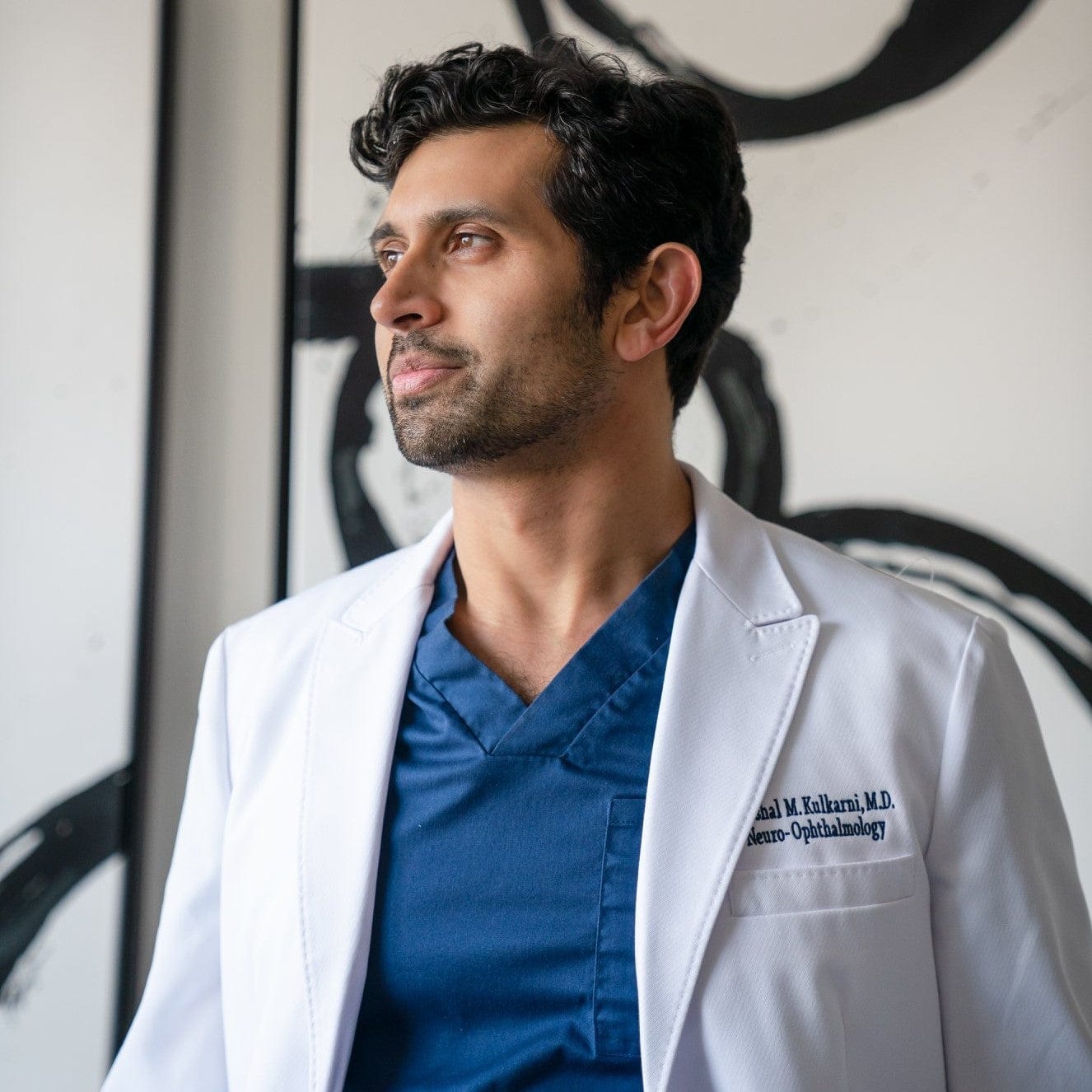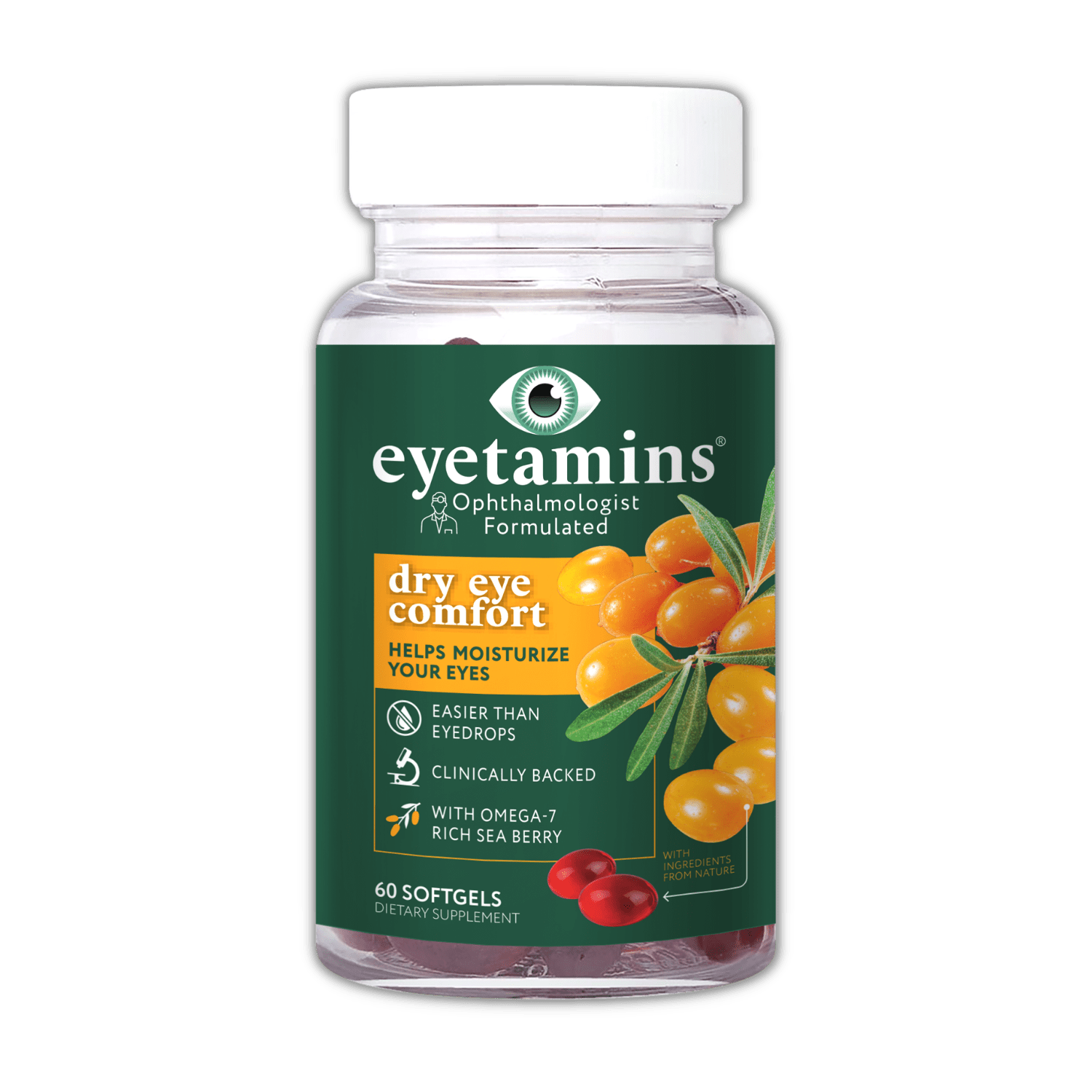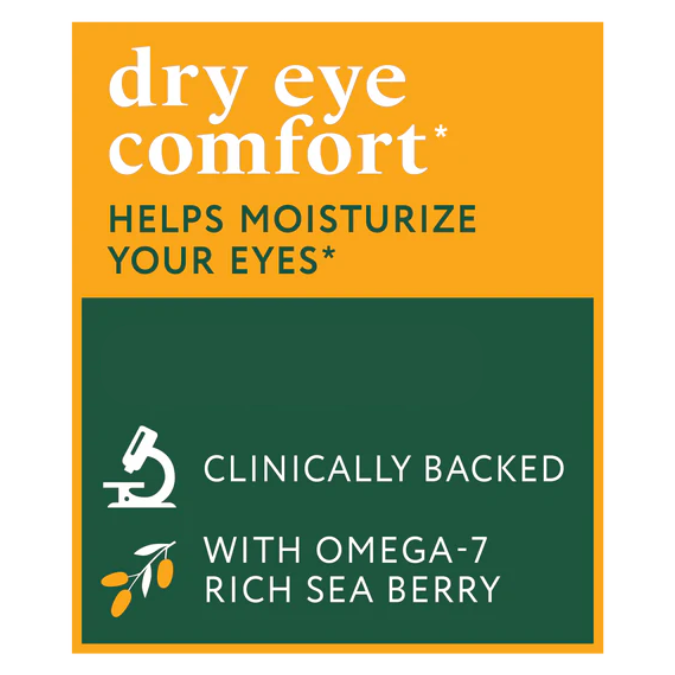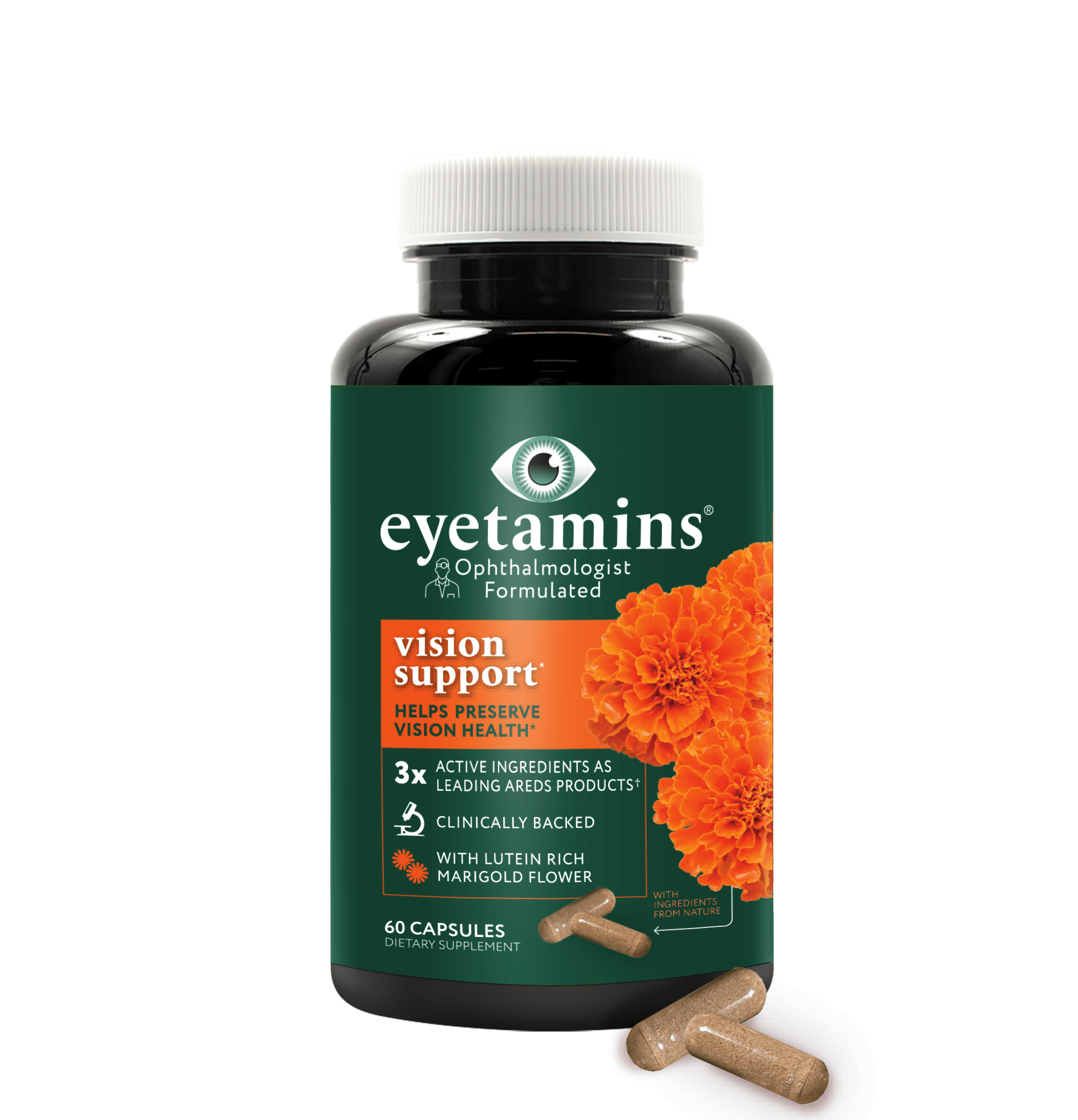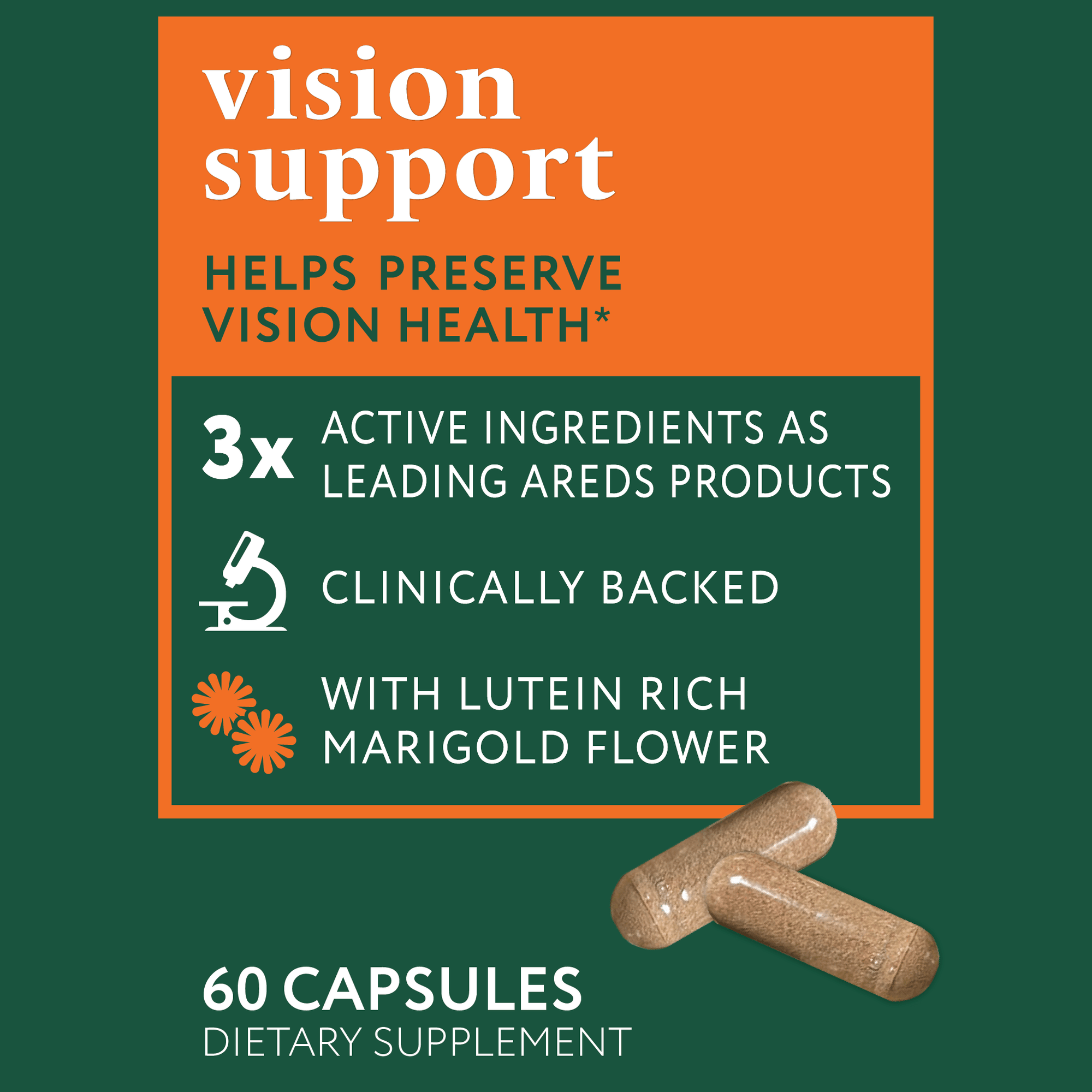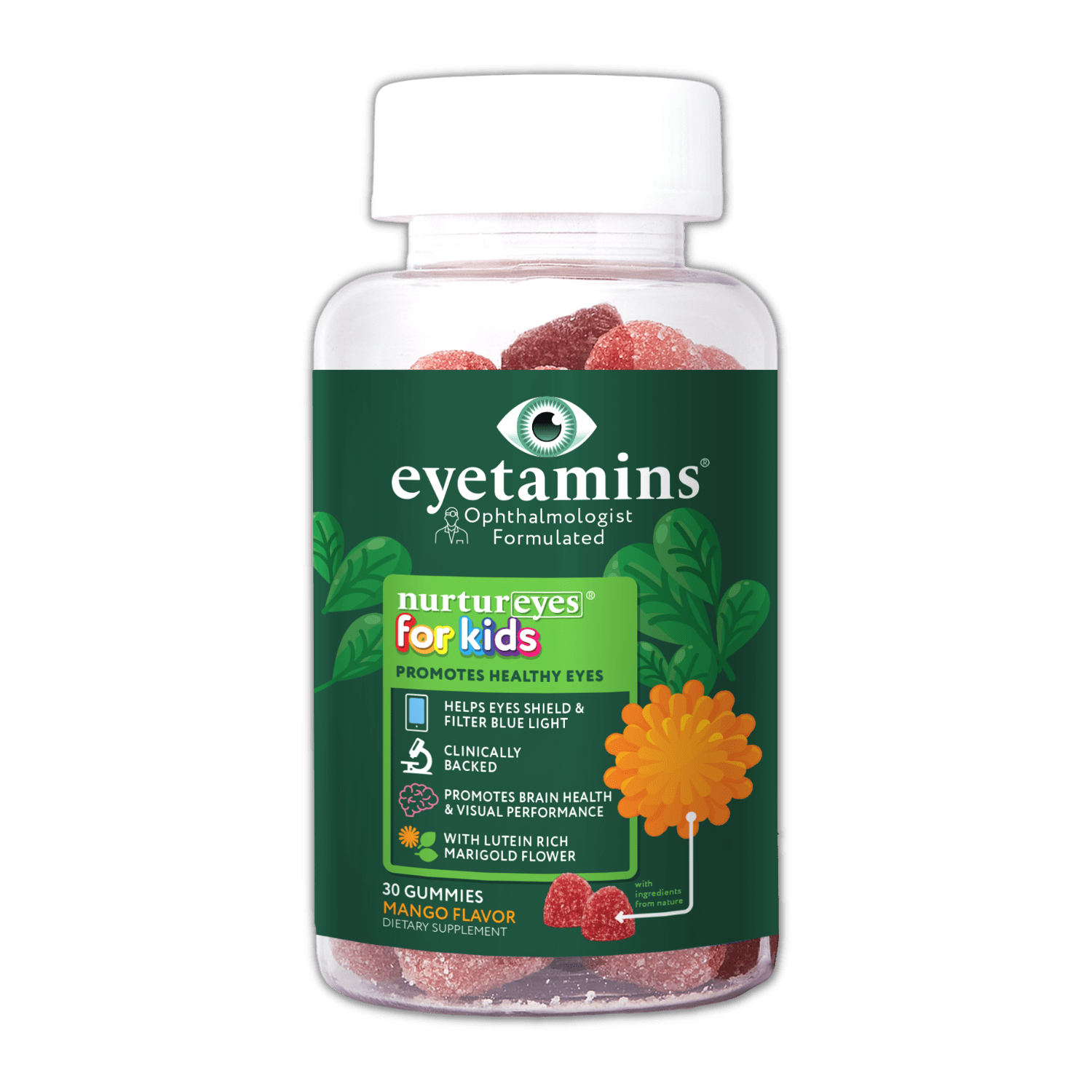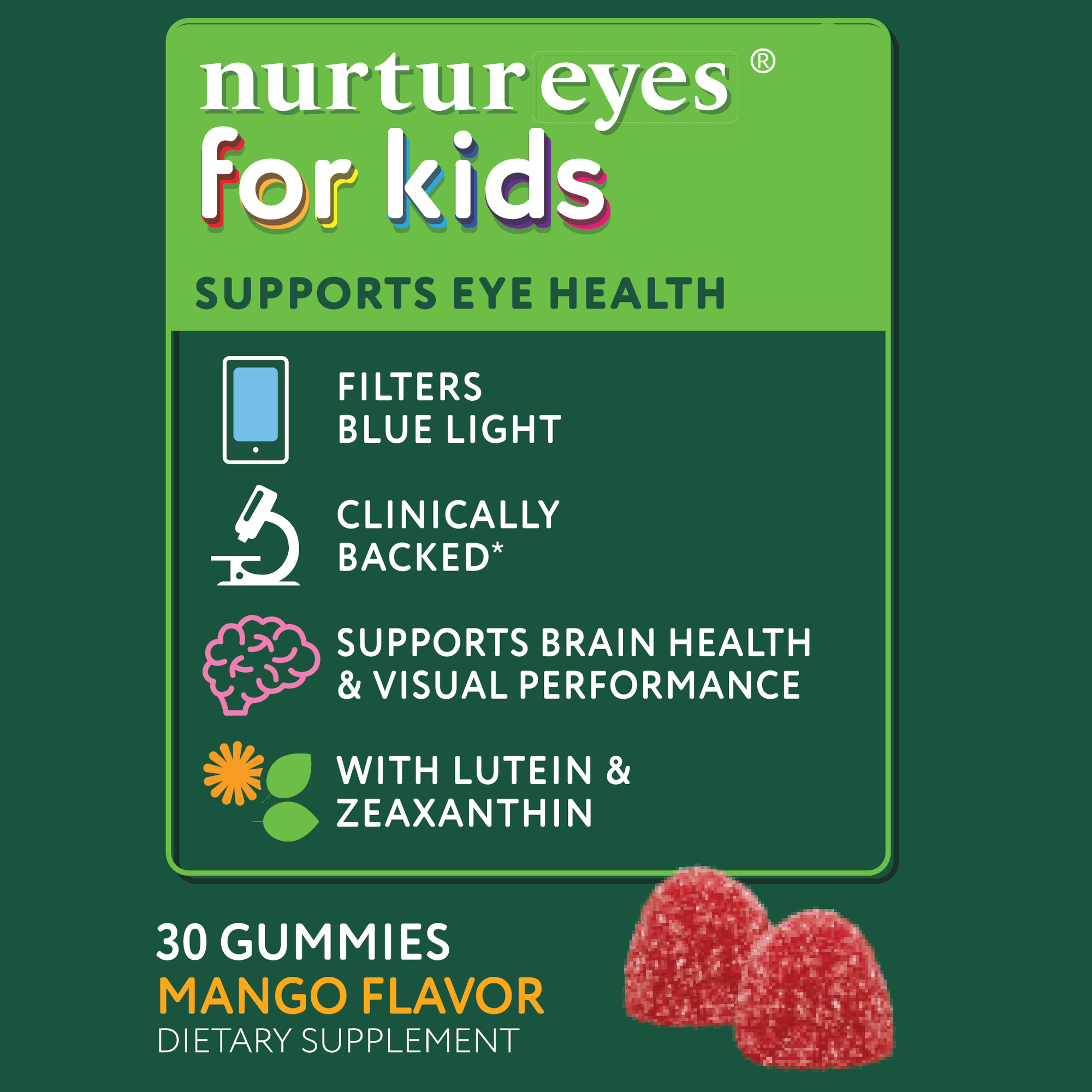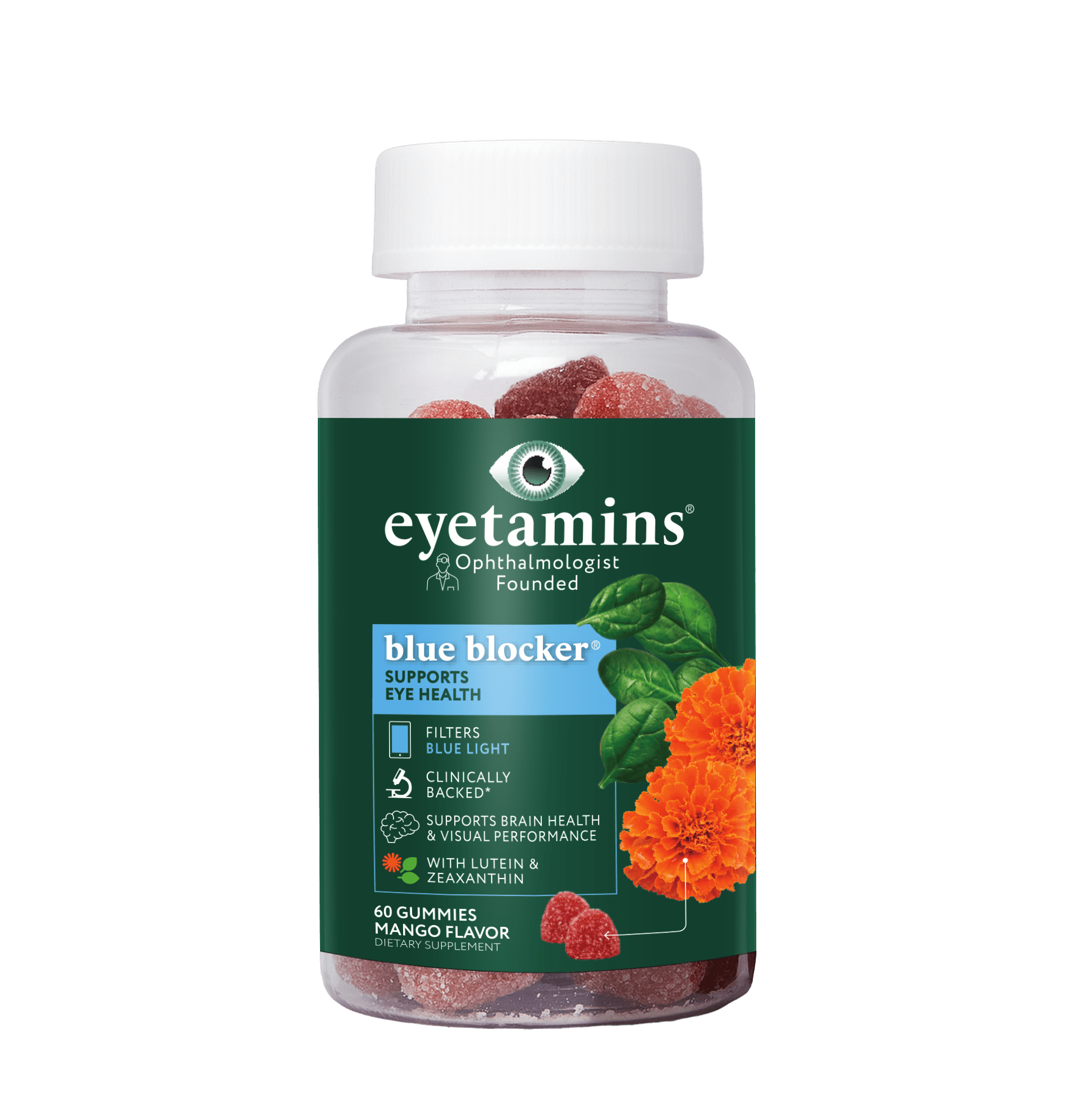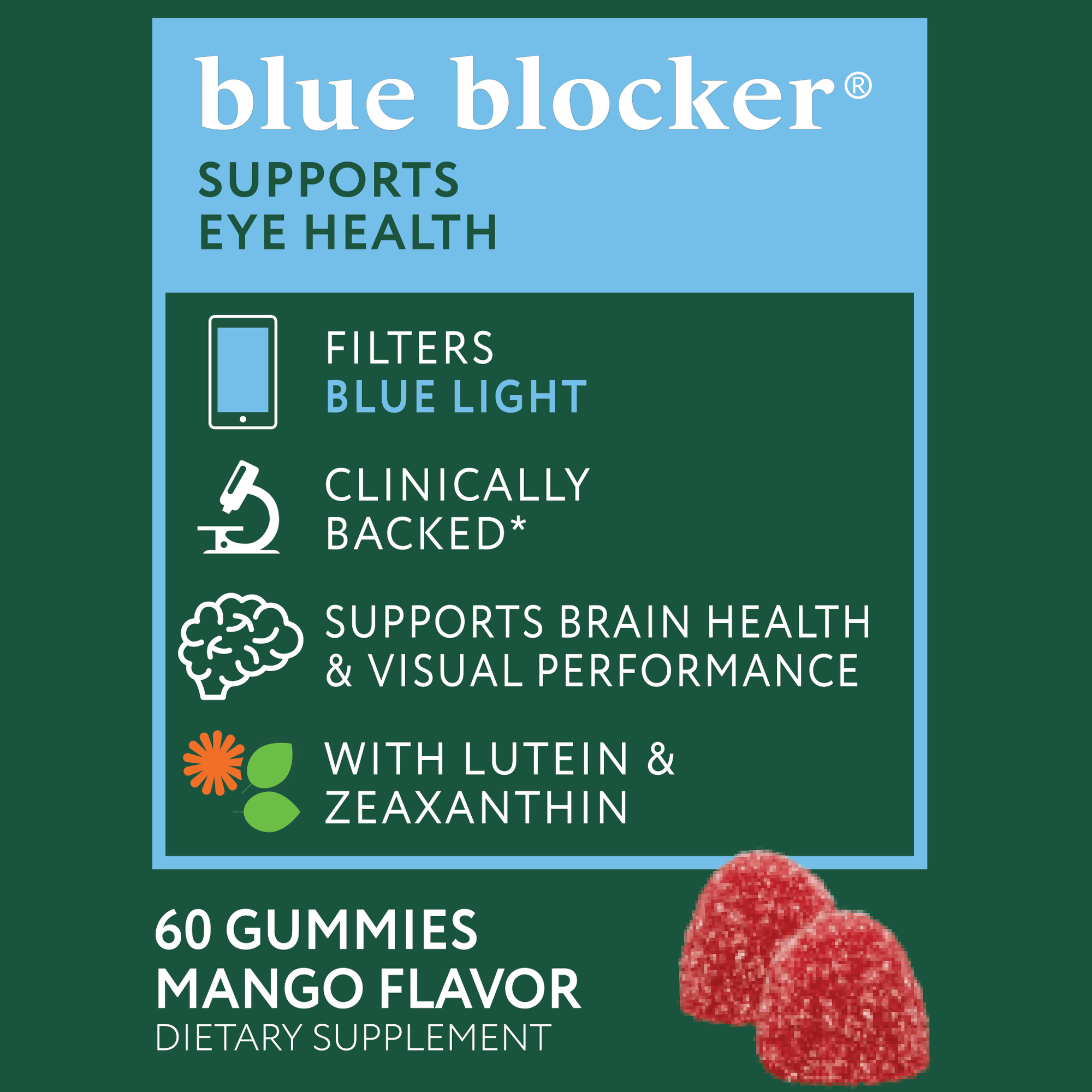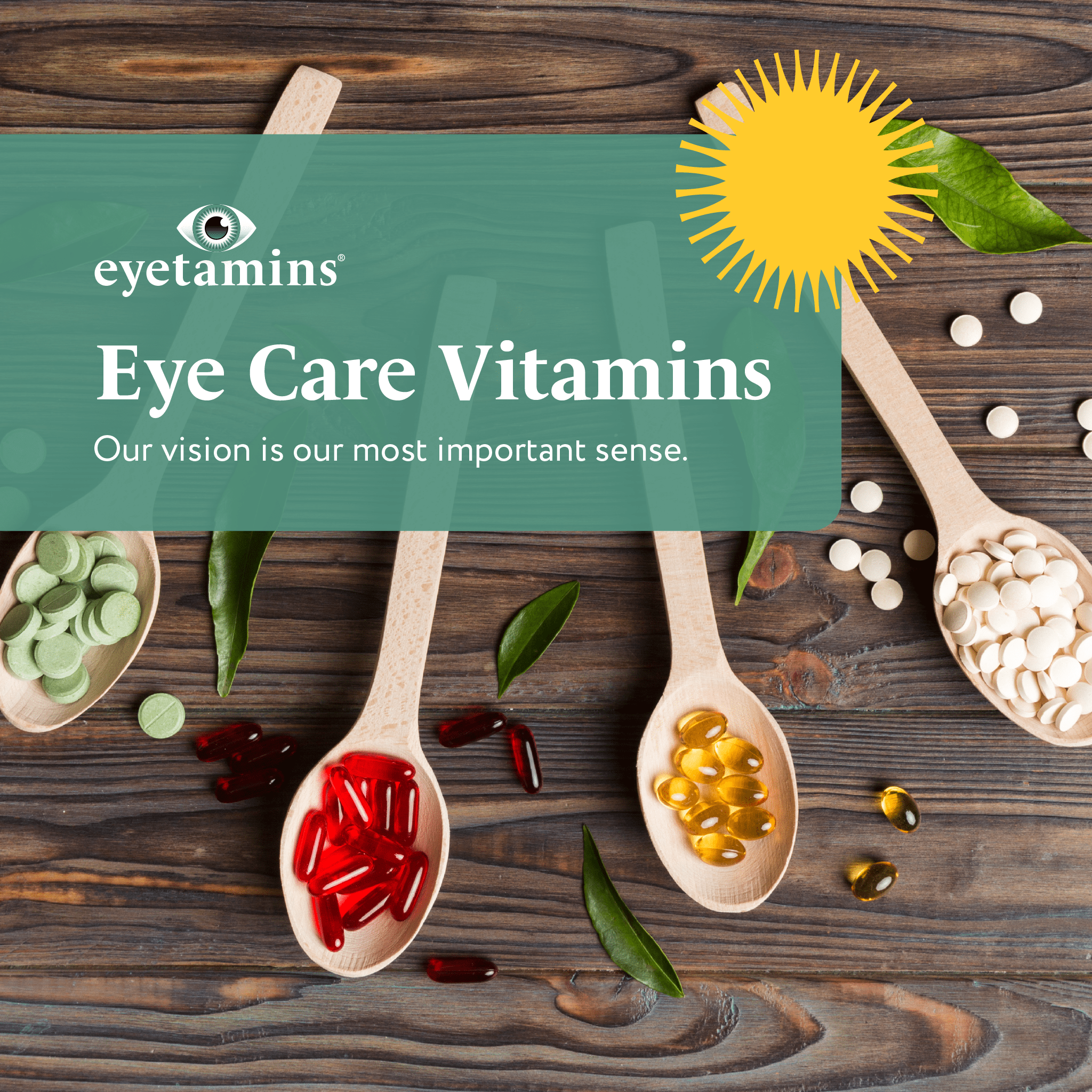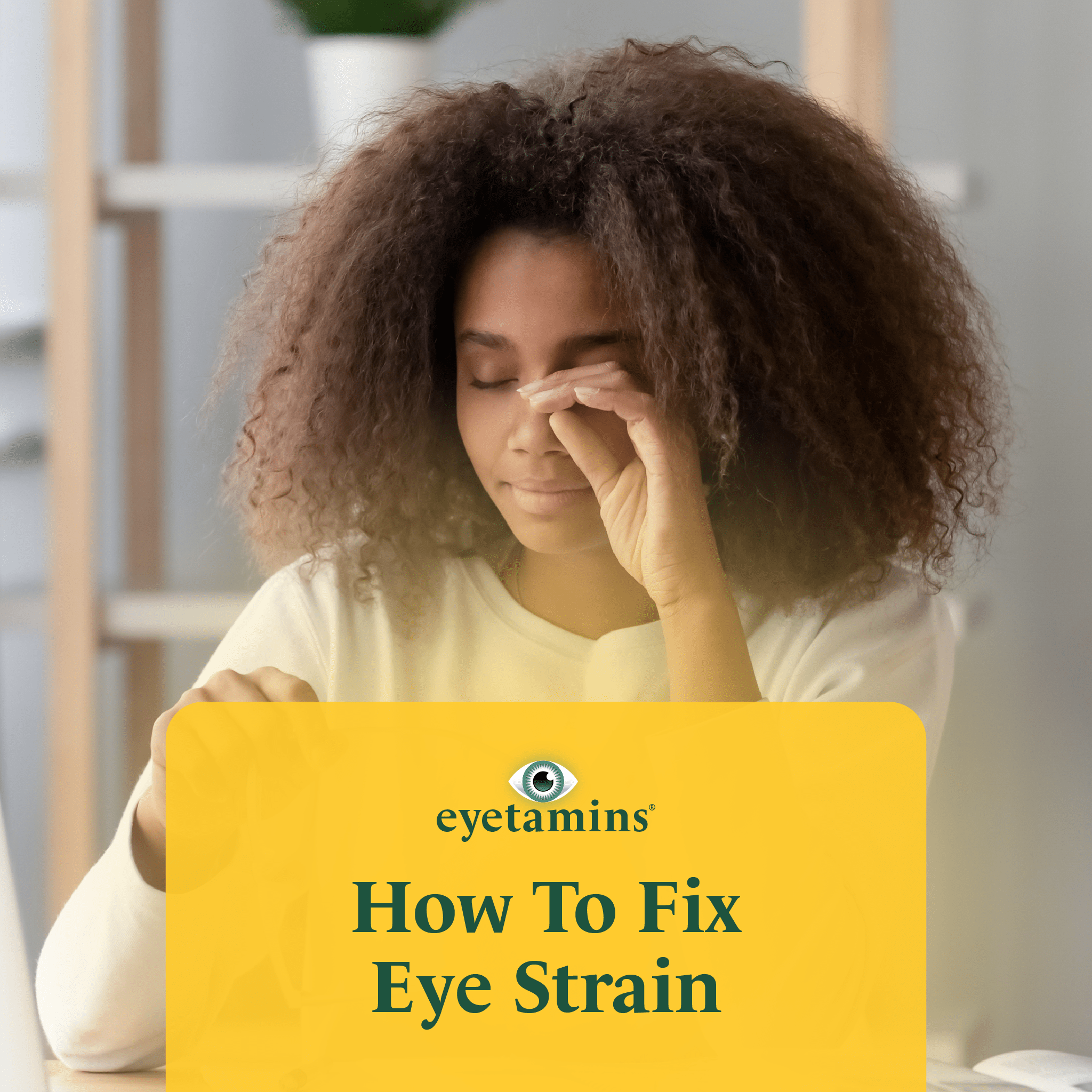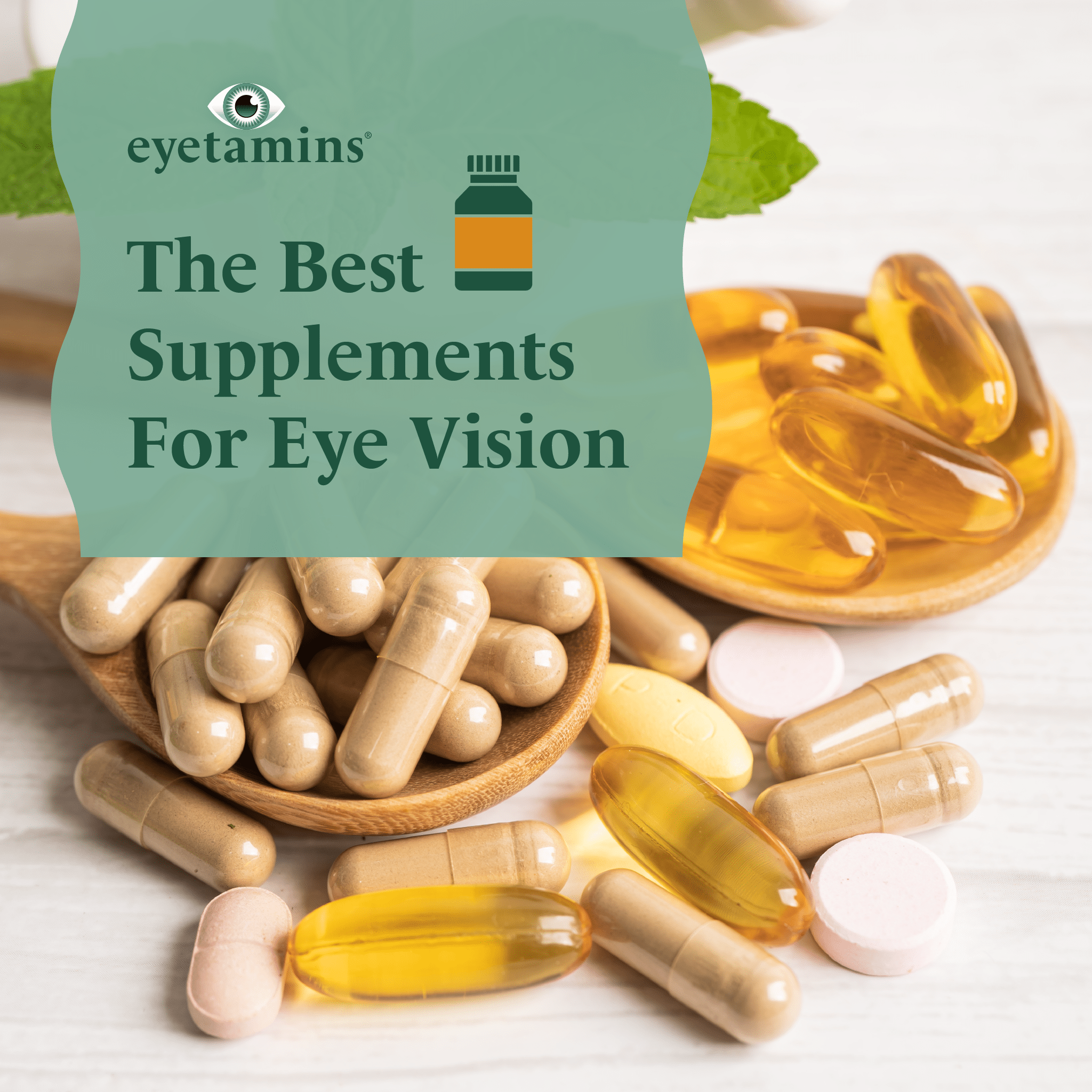· By Dr. Kaushal M. Kulkarni, M.D.
Maintaining Healthy Vision As We Age
Just as aging makes our knees a little stiffer and our skin a little saggier, so too does it make our eyes a little blurrier.
Though the effects of aging are completely normal, it’s still absolutely critical that we do our best to maintain our eye health no matter our age. In this article, we take a closer look at the signs your eyes might be feeling their age, uncover some common age-related vision problems, and discuss ways we can keep our eyes feeling their very best.

Signs of Aging Eyes
As you age, your eyes undergo physical changes like the rest of your body. Most notably, the muscles around and behind your eyes begin to weaken, making it easier to develop eye strain. A condition called presbyopia, during which the eyes’ lenses stiffen up and make it harder to focus on objects up close is also common from about age 40.
Some common physical signs that your eyes have started to age include:
- Trouble seeing up close or reading
- Sagging of the skin around the eyelids and eyebrow
- Floating spots in your vision
You may also notice changes in your vision quality. Typical age-related changes include:
- Trouble reading fine print
- Trouble seeing at night
Aging Eyes and Common Vision Problems
When it comes to vision and aging, there are quite a few common vision problems that you might experience.
Presbyopia
Presbyopia is the medical term for the loss of ability to see small print or close-up objects. A completely normal development, it usually begins to occur sometime between the ages of 35 and 40. Reading glasses can help presbyopic eyes to more comfortably see anything small and near.
Floaters
Floaters are the tiny specks that look as if they are floating across your field of vision, most often in a bright room or outside on a sunny day. Though floaters are also a normal occurrence in aging eyes, they sometimes indicate more serious health issues like retinal detachment. It’s important to check in with your doctor if you notice a major increase in the number of floaters, or if you start seeing flashes of light.
Dry Eyes
Dry eyes -- or keratoconjunctivitis sicca, officially -- occur for many reasons, including when the tear glands no longer produce enough quality tears. Dry eyes can be extremely uncomfortable, especially when they incite itching and burning, or when they cause some blurriness in your vision. Your doctor may recommend some special eye drops to help with dry eyes, or omega supplements, or for more serious conditions, recommend surgery.
Epiphora
Epiphora is when you have tears overflowing down your face uncontrollably. It often indicates a more serious issue like a blocked tear duct or eye infection. It’s best to see your ophthalmologist if you notice excessive tears.
Cataracts
Cataracts are cloudy spots that develop in the lens and keep light from passing through to the retina. They usually form slowly, but the bigger they get the more they can impact vision. Cataracts that grow too large must be corrected with surgery. Though cataracts are not really preventable, they are just one of many reasons it is important to adhere to a healthy diet and maintain good eye health throughout your younger years.
Glaucoma
Age, race, genes, and overall health are just some of the factors that lead to glaucoma, a disease of the eye that occurs because of increased pressure inside of the eyeball. If not treated, it can lead to permanent vision loss and blindness. Glaucoma doesn’t usually present with symptoms, so it’s important to visit your eye doctor at least once a year.
Age-Related Macular Degeneration
Age-related macular degeneration affects the small central part of the retina called the macula. This part of the eye is responsible for detailed vision. As the cells in the macula begin to deteriorate, you may notice blurred or distorted vision. Ultimately, macular degeneration does not have a cure. However, those who experience macular degeneration in its earliest stages are often able to slow down its progress with nutritional supplements.
Can Eyesight Improve With Age?
Generally speaking, the physical changes that occur in the eyes as you age mean that your vision probably won’t improve naturally with age. However, if you have spent your younger years taking good care of your eyes, and you continue to provide your eyes with the proper nutrients and vitamins, then you may find that your eyes age much more slowly than they would otherwise.
People Also Ask
1. How do you keep your eyes healthy as you age?
No matter how old you are at this very moment, there are some things you can be doing to ensure a graceful aging process for your peepers. Avoiding cigarettes, maintaining a healthy diet, and staying physically active all have positive effects on your eyes’ health. But the most important thing you can do is to protect your eyes from sunlight each and every day with sunglasses and/or a hat.
2. How do you prevent vision loss with age?
The number one way to prevent vision loss as you age is to always protect your eyes from harmful UV rays with sunglasses and/or a brimmed hat. You should also maintain a healthy diet that is full of leafy greens and carrots, and free of cigarettes.
3. At what age does your vision start to decline?
Typically, you can expect your vision to begin its decline in your early to mid-40s. It is around this time that many people notice they are having trouble seeing clearly at varying distances, or when they are reading books and screens.
4. What is the best vitamin for aging eyes?
Vision Support by Eyetamins contains enhanced AREDS 2 based ingredients to offer a variety of benefits for the health of your eyes and brain. These plant-based vitamins promote better contrast sensitivity and faster photostress recovery and also help avoid eye strain.
Conclusion
Just like the rest of your body, your eyes experience the effects of aging. Common symptoms of aging eyes include dryness, swelling, and various conditions like cataracts and glaucoma. To slow down the effects of aging and to maintain healthy eyes for as long as possible, it is important to always shade your eyes from the sun, maintain a healthy diet, and supplement yourself with nutritious vitamins.

